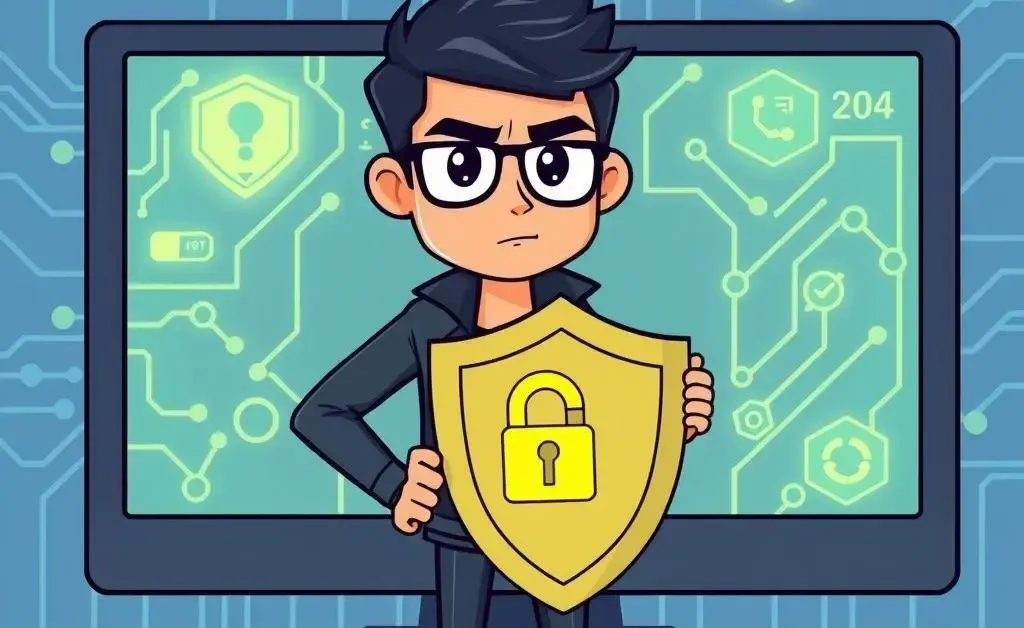Protecting Your Finances: How to Safeguard Against Identity Theft
Discover simple steps to protect your finances from identity theft. Stay secure and worry-free.

Have you ever been caught off guard by an unexpected expense or worse, an email letting you know someone’s pretending to be you to rack up debt? That jump scare is real, and it’s called identity theft. Let’s explore how you can keep your finances—as well as your peace of mind—secured.
Understanding Identity Theft
Identity theft is like letting someone else wear your shoes and telling everyone they are you. This sneaky crime can take countless forms, from someone charging your credit card without you knowing, to using your social security number; it's a financial and emotional headache no one wants.
How Does Identity Theft Happen?
Fraudsters often look for any gaps in your personal security. Have you ever thrown an old letter without shredding it, or clicked on a too-good-to-be-true link? These simple acts can leave your information exposed.
- Phishing emails that look legitimate.
- Unsecured websites asking for your financial info.
- Weak passwords easily cracked by malicious programs.
Each little oversight is an opportunity for an identity thief.
Practical Steps to Safeguard Your Information
While it might sound daunting, protecting your identity is completely doable! Here’s a great place to start:
1. Monitor Your Financial Account Statements
Read through your bank and credit statements regularly to spot any unfamiliar charges early. Remember, the quicker you notice and report, the sooner they can help stop it.
2. Use Strong, Unique Passwords
Your fifth-grade pet’s name isn’t going to cut it. Use a mix of letters, numbers, and symbols to create strong passwords. It might be a hassle, but it's better than learning someone claimed a hefty loan in your name.
3. Secure Your Devices
Keeping your devices—and the data they contain—secure is paramount. Use security software and make sure your systems are up-to-date with the latest patches.
Life Lesson: Err on the Side of Caution
A friend of mine once shared how he diligently checked his mail for any irregularities. One winter, he noticed a credit card statement for an account he hadn’t opened. Because he acted fast, he avoided a pile of fraudulent debt. His situation is a gentle reminder: vigilance pays off in more ways than one.
Identity theft might be a modern-day monster, but with informed actions, you can keep your financial life secure. Have any other tips or personal stories? How do you ensure peace of mind while navigating the digital landscape? Let’s chat in the comments!




